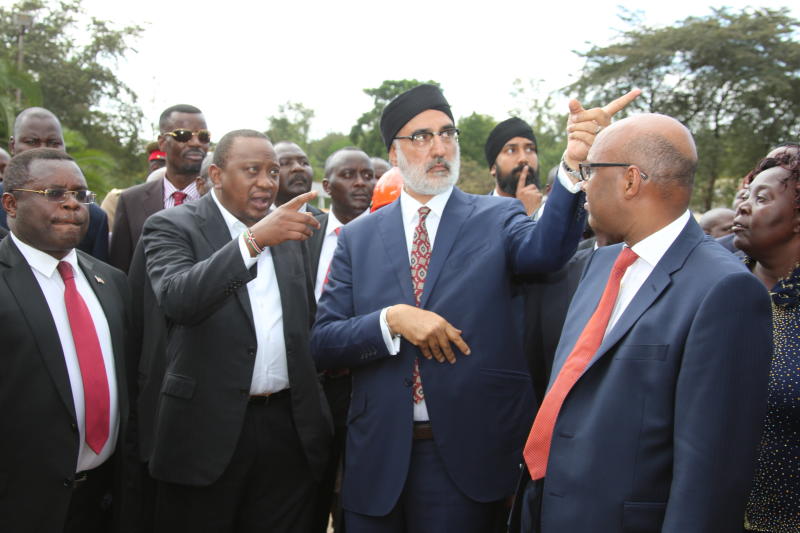×
The Standard e-Paper
Fearless, Trusted News

Billionaire Jaswant Rai was thrust back into the news this week as police raids in the hunt for questionable sugar continued across the country.
The family, which has four factories in the Western sugar belt, drew the interest of investigating agencies over the imports but the billionaire owner says his is not contraband as they had not evaded duty nor imported it illegally.